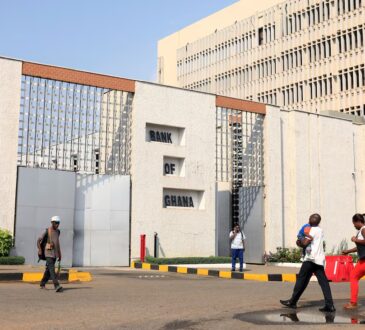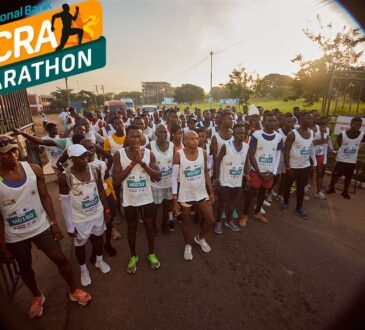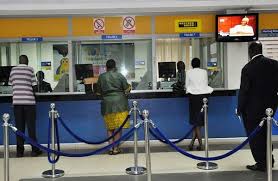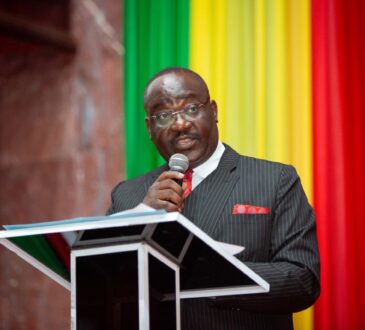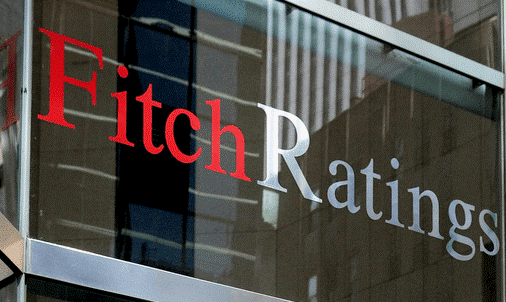
The economic woes of Ghana continue to deepen, as managers of the economy remain oblivious and take no responsibility. The President, Nana Akufo-Addo recently said his government couldn’t be blamed for going to the International Monetary Fund to seek help for an economy that has been wrecked by his own government’s bad decisions, poor judgement and borrowing too much for consumption.
About a week ago, Fitch Ratings, one of the global ratings agencies which ratings are taken serious by international market players has downgraded three Ghanaian banks to junk soon after downgrading the country.
Fitch announced the downgrade of Ecobank Ghana Limited’s, Guaranty Trust Bank (Ghana) Limited’s (GTB Ghana) and United Bank for Africa (Ghana) Limited’s (UBA Ghana) Viability Ratings (VRs) to ‘ccc’ from ‘b-‘.
The agency affirmed the Shareholder Support Ratings (SSRs) of Ecobank Ghana at ‘ccc+’ and of GTB Ghana and UBA Ghana at ‘b-‘.
“The Long-Term Issuer Default Rating (IDR) of Ecobank Ghana has therefore been downgraded to ‘CCC+ from ‘B-‘ while those of GTB Ghana and UBA Ghana have been affirmed at ‘B-‘. The Outlook on the Long-Term IDRs is Stable,” Fitch said, adding, “Fitch has simultaneously withdrawn Ecobank Ghana’s ratings for commercial reasons and will no longer provide ratings and analytical coverage for Ecobank Ghana.”
According to Fitch, the rating actions follow the downgrade of Ghana’s Long-Term IDR to ‘CCC’ from ‘B-‘ on 10 August 2022.
Days after Standard and Poor’s downgraded Ghana to junk, Fitch also downgraded the country from B- to CCC. Fitch doesn’t typically assign outlooks to sovereigns with a rating of CCC+ or below. A Fitch CCC rating is junk.
According to Fitch, the downgrade reflects deterioration of Ghana’s public finances, which has contributed to a prolonged lack of access to Eurobond markets, in turn leading to a significant decline in external liquidity.
“In the absence of new external financing sources, international reserves will fall close to two months of current external payments (debits in the current account) by end-2022,” it said.
Among other things Fitch says following the downgrade of their VRs, the banks’ Long-Term IDRs are now solely driven by the likelihood of extraordinary support from their parents, Togo-based Ecobank Transnational Incorporated (ETI: B-/Stable) and Nigerian-based Guaranty Trust Bank Limited (GTB: B/Stable) and United Bank for Africa Plc (UBA: B/Stable).
The Stable Outlook on the Long-Term IDRs reflects those on their parents’ Long-Term IDRs. GTB Ghana’s and UBA Ghana’s Long-Term IDR is at the same level as Ghana’s Country Ceiling of ‘B-‘, which captures Fitch’s view of transfer and convertibility risk within Ghana.




